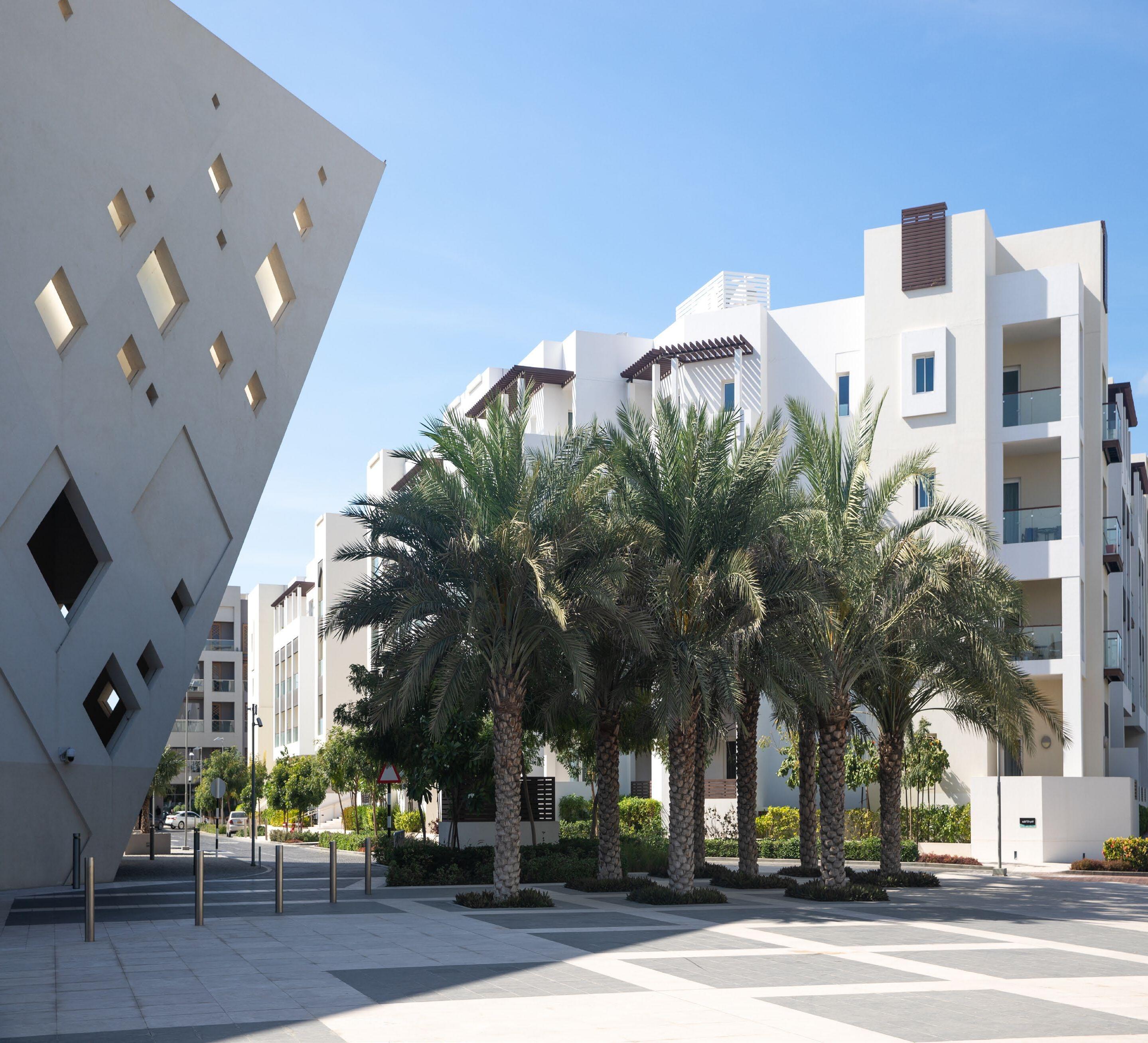

How Does Geopolitics Affect Real Estate Markets?




How Does Geopolitics Affect Real Estate Markets?

The days when Francis Fukuyama could plausibly argue that the world had reached ‘The End of History’ seem a very long time ago now.1 The cozy consensus that he envisaged, and which for a time seemed an accurate forecast of the 21st Century, has now been replaced by fissures between nations. Territorial and ethnic disputes have escalated into war, as in Ukraine; profound
costs constraining the profitability of construction and hence supply.10
The Twelve Day War is an even starker example: despite simmering tensions the war itself was over almost as soon as it began. Real estate markets in the region simply did not have time


However, the effect on willingness to trade and hence liquidity is a different matter. Transaction volumes in Kyiv fell 8–12 times in 2022 compared to 2021, with sales of new housing in Kyiv and the region last year amounting to about 5–7% of the 2021 level. These transaction levels have recovered, but not to pre-war levels. The effect of a prolonged war can even be the evaporation of the market altogether. The Lebanese Civil War saw just such a collapse of long-term liquidity even as real estate construction proceeded under the control of different factions.16
Under such circumstances of prolonged inability for markets to work as they should, or even at all, patient capital need to be very patient indeed, with the inevitable severe curtailment of returns if calculated on an annual basis. Where it can, capital also escapes to safe havens in neighbouring markets or even further afield, much of it entering overseas real estate markets. A good example of this phenomenon is the capital inflow Dubai experienced during the Iraq War and during many other international crises, even Brexit,17 as a result of political stability and an investor-friendly environment, good financial returns included.
Human geographers, who have had the luxury to reflect upon the issue at more leisure, have focused on the role of real estate in the creation and maintenance of ‘soft power’ more generally, rather than on the effect of particular events.18 They argue that although this is not new – think of the role land played in the Silk Road or the colonisation of Africa – it has now become instrumental in the status and influence of nation states worldwide.
What perhaps is less understood is how the pathway runs both ways – nations create power both through the value and trajectory of their domestic real estate markets and their capacity to use Sovereign Wealth Funds to support overseas markets. As a result, cities worldwide actively court foreign investors and Governments. While the geopolitics of conflict may often dominate the headlines, it is this underlying current that arguably has more significance in the long term.

Short-term geopolitical events have a perhaps surprisingly shallow effect on real estate markets. Even at the start of wars, prices do not necessarily fall even though liquidity can drain out of the market very quickly, if temporarily. So long as the market can continue and investors retain hope that normality will return, the evidence is strongly that prices are not likely to collapse. Neighbouring markets, especially those with an already cultivated strong reputation as safe havens, are in fact likely to experience a fillip as capital flows to them.
This relatively benign conclusion does not, however, excuse a failure of vigilance on the part of investors. Threats to security remain. Gaining and maintaining a reservoir of geopolitical knowledge from expert organisations and the consultants they employ, as well as from a wealth of contacts, is always money well spent. Diversification across multiple markets is another highly desirable risk management strategy.


Countries often face economic disruptions during periods of political unrest, as seen during the Arab Spring, which affected key sectors such as tourism and employment. In contrast, the UAE maintained resilience through its political stability and diversified economy, continuing to attract investment and talent. Dubai, in particular, emerged as a leading destination for real estate investment, especially among individuals seeking stability and portfolio diversification. Following the COVID-19 pandemic, the city’s luxury property segment witnessed strong growth, driven by high-net-worth individuals. Political stability has played a central role in reinforcing Dubai’s reputation as a secure and attractive real estate market.
Ronan Arthur Director, Head of Residential Valuation

Key Contacts


Dubai
+971 4 453 9525
Marina
Ronan Arthur Director, Head of Residential Valuation ronan.arthur@cavendishmaxwell.com
+971 50 296 1411
Julian Roche Chief Economist Cavendish Maxwell julian.roche@cavendishmaxwell.com


Zacky Sajjad Director, Business Development and Client Relations zacky.sajjad@cavendishmaxwell.com
+971 50 297 9654
Ali Siddiqui Research Manager ali.siddiqui@cavendishmaxwell.com
+971 50 877 0190
cavendishmaxwell.com

